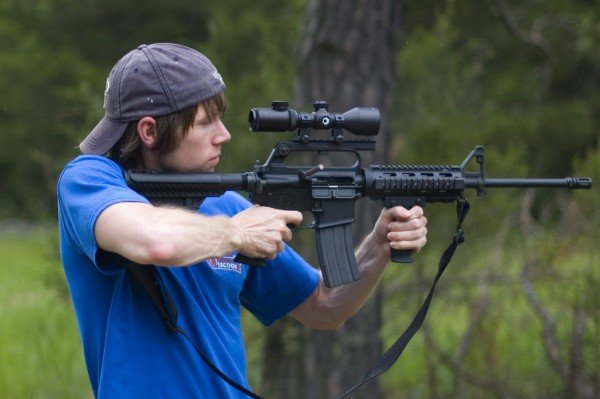Citing her moral obligation to do so, Massachusetts Attorney General Maura Healey announced on Wednesday efforts to close a long-standing loophole in the state’s assault weapons ban.
In an editorial in the Boston Globe and a press conference later that day, Healey outlined the directive her office sent to all gun manufacturers and dealers in the state to crack down on…








